IDF chief says withdrawal of troops from Gaza doesn’t mean war is close to end
Defense minister says pullout aims to prepare army for incursion into Rafah; Herzi Halevi says Israel is engaged in a ‘multi-front war,’ prepared for any attack from Iran.
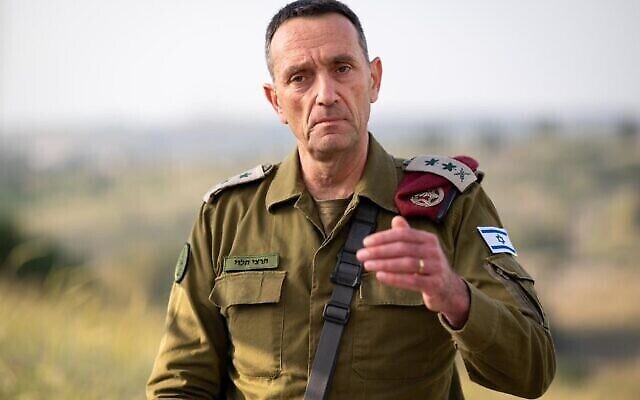
(THE TIMES OF ISRAEL) IDF Chief of Staff Lt. Gen. Herzi Halevi said Sunday that, despite the withdrawal of all of its maneuvering ground forces from the Gaza Strip, the war against Hamas continues and is far from over.
He also said that the IDF will know how to return to fighting in the event of a temporary truce as part of a hostage deal, and that returning the hostages to Israel is a more urgent matter than other goals.
“We are fighting this war differently, it is different from its predecessors,” Halevi said in a statement to the press marking six months since Hamas’s October 7 onslaught and the start of the war.
“The war in Gaza continues, and we are far from stopping. Senior Hamas officials are still in hiding. We will get to them sooner or later. We are making progress, continuing to kill more terrorists and commanders and destroy more terror infrastructures, including last night,” he stated.
“We will not leave Hamas brigades active in any part of the Strip. We have plans and we will act when we decide. At the same time as the offensive effort, we allow the introduction of humanitarian aid into the Strip. The interest of Hamas is to present a humanitarian crisis in Gaza, to press for an end to the war,” Halevi said.
He added that “Hamas is trying to take control of the humanitarian aid and prevents its distribution, to return and control the Gaza Strip — this should not happen.”
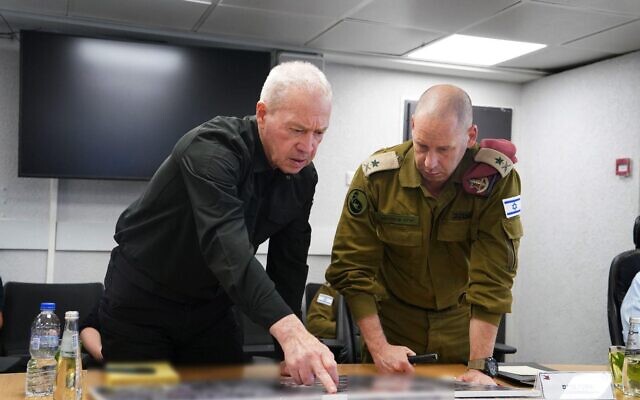
“Therefore, we continue to dismantle Hamas from its military and governmental capabilities, to bring about… stability to the region,” Halevi continued.
In a similar message, Defense Minister Yoav Gallant said the intention of the withdrawal of troops from the Strip was to prepare for the expected offensive in Gaza’s southernmost city of Rafah.
Gallant claimed that due to military successes, Hamas has “stopped functioning as a military organization throughout the Gaza Strip,” but then contradicted himself, saying that the IDF is still preparing to deal with Hamas’s remaining battalions in Rafah.
A spokesperson for Gallant later clarified that the defense minister was referring to the Khan Younis area and other parts of the Strip where the military had operated, and not all of Gaza.
“The achievements of the 98th Division and its units are extremely impressive, targeting terrorists, destroying enemy targets, warehouses, weapons, underground [sites], headquarters, communication rooms,” the defense minister said.
“The forces came out [of Gaza] and are preparing for their future missions. We saw examples of such missions in action at Shifa [Hospital], and also for their future mission in the Rafah area,” Gallant said.
“We will reach a situation where Hamas does not control the Gaza Strip and where it does not function as a military framework that poses a risk to the citizens of the State of Israel,” he added.
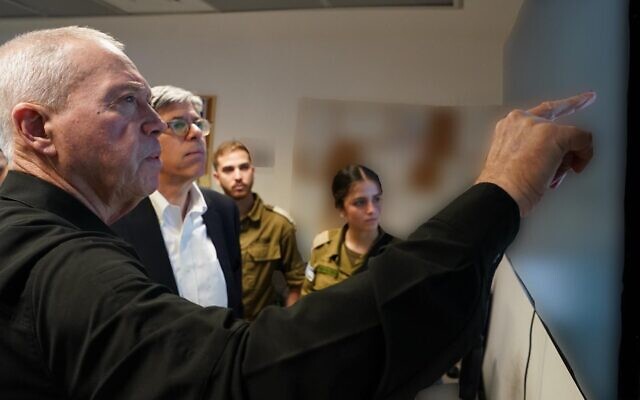
Israeli officials have said that 18 of Hamas’s 24 original battalions in the Gaza Strip have been dismantled, meaning they do not function as an organized military unit, although smaller cells still exist.
Four Hamas battalions remain virtually untouched in southern Gaza’s Rafah, and another two are in the central part of the Strip.
Prime Minister Benjamin Netanyahu has repeatedly said he approved the military’s plans for an operation in Rafah, although he has not given the green light to carry them out.
The planned Rafah offensive has caused intense consternation in the international community, including from the US and Egypt, due to the southern Gaza City now hosting more than a million displaced Palestinians from elsewhere in the Strip. Israel has said it is making plans to evacuate and protect civilians from Rafah as part of its offensive plans.
IDF working ‘to return all the hostages as quickly as possible’
Addressing the operation over the weekend to recover the body of hostage Elad Katzir, Halevi said Sunday, “We all would have liked to have him back alive. We didn’t succeed in that.”
“We will continue to act in any way. We will continue our efforts, intelligence and operational, to return all the hostages as quickly as possible,” he said. “As chief of staff, I personally feel a responsibility to return them, and so do the other commanders of the IDF and its soldiers.”
Halevi said hostage negotiation talks should be “done responsibly and carefully and its details should be left in the right rooms.”
“The IDF is strong enough for the State of Israel to know how to pay prices for the return of its sons and daughters,” he continued. “We have a moral duty to them and the IDF will know how to withstand even a difficult price and will also know how to come back and fight with strength.”
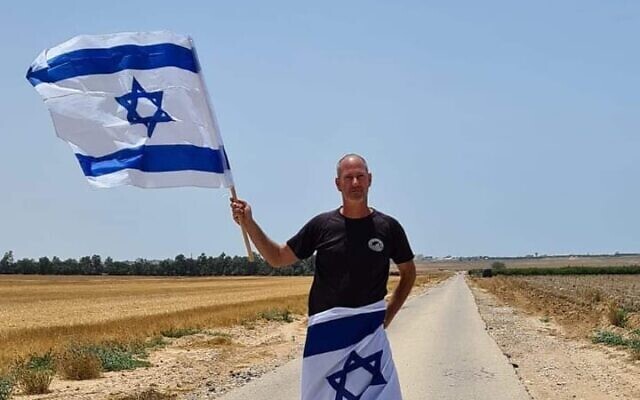
“When we went to war at the beginning, we knew and said that it would last a long time, to achieve the goals. We have made very significant achievements in fighting in Gaza, but the goals have not yet been fully achieved, the return of all hostages home, the return of all residents of the north and south to their homes in safety, and the dismantling of Hamas in the entire Gaza Strip, in a way that will allow for a government that is not Hamas in the Gaza Strip,” he stated.
“This reality is extremely complex and there are no simple solutions. We conduct the war with responsibility and determination. We must not be delusional,” he said.
“As we said, some goals will take a long time, and we will not let up until we achieve them. The return of the hostages is important and urgent, and its timer is different from the timer of the other goals,” Halevi added.
Israel ‘in a multi-front war’
Speaking about threats by Iran to respond to the alleged assassination by Israel of the top IRGC officer in Syria, Halevi said the IDF is fully prepared for any scenario.
Israel is facing “a multi-front war,” he said. “There is no reason to panic, but there is also no room for complacency. We must be aware of the situation, and always ready,” Halevi stated.
“IDF troops are prepared and operating in all arenas, in the south, in the north, in Judea and Samaria [the West Bank] and in more distant arenas. The IDF also knows how to deal with Iran, in attack and defense,” he warned.
“We prepared for this, we have good defense systems, we know how to act powerfully against Iran in places near and far. We work in cooperation with the US and strategic partners in the region,” Halevi continued.
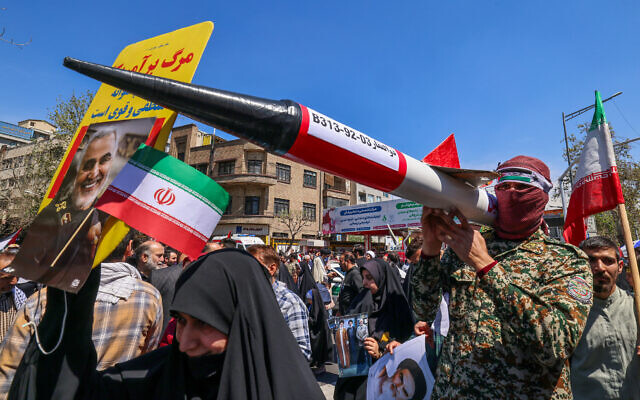
He said that since the beginning of the war in Gaza, “Iran has tried to disavow and hide from direct involvement in it, but we know that it activates, directs, finances and transfers knowledge to all its proxies in the region, from Hezbollah, through Judea and Samaria to Yemen.”
“Iran does not only threaten Israel, but the entire Western and Arab world, Iran is a global problem, was and remains, the big problem,” he added.
October 7 a ‘watershed’ moment
Appearing to address the ongoing debate over the Haredi draft and other changes to mandatory service, Halevi said the IDF would need to be bigger and undergo changes to prevent an attack like October 7 from ever happening again.
“October 7 is a watershed in Israeli security. We began to investigate the complex events of this day, we will learn and make decisions,” he told the press.
“The working hypotheses under which we operated, scenarios to which we prepared for, the perception of the enemy which we held, it is clear to us that these must change,” Halevi stated.
“The IDF needs to be stronger, bigger, so that what happened on October 7 will not happen again. And of course, these are not the only changes,” he said.
“The decisions we make today have a decisive and critical effect on building the strength of the IDF in the near and distant future,” Halevi continued.
“We do not have the privilege to postpone them. Delaying decisions on building the strength of the IDF endangers the security of the country,” he added, in an apparent reference to reports that Finance Minister Bezalel Smotrich has opposed the military purchasing new fighter jets.

comments